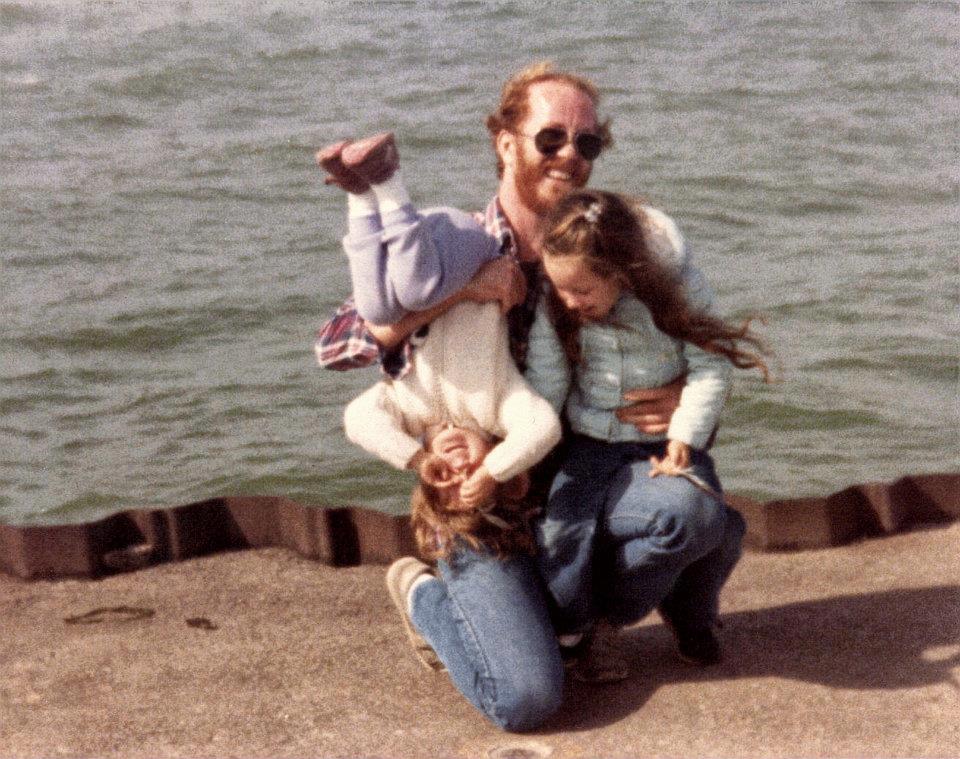In April I participated in the Health Activist Writers Month Challenge, in which I published a post every day for the month of April, based on health-related prompts.
I am now participating in the 2012 Wordcount Blogathon, which means one post every day for the month of May.
When I first started Running For Autism a little over two years ago, my blogging was an airy-fairy kind of affair. My original intent was for this to primarily be a running blog, but it morphed very quickly into far more than that. Running is such an important part of who I am, and it is frequently difficult to squeeze it in with all of the other responsibilities I have, and I found impossible to write about it without adding the context of my life. For example, how could I write about running to raise funds for autism without trying to raise some awareness about the impact of autism on my life?
And so my subject matter started expanding to include posts about parenting and autism. As my wedding day approached and I started feeling the typical angst of a bride-to-be, my blog became a place for me to vent about my stress and toss around ideas for how to plan a wedding that both of my children could be fully involved in. At some point I started to try my hand at fiction in the Indie Ink writing challenges. A little while after that, I felt a little glimmer of bravery that allowed me to tentatively start discussing my struggles with depression.
Even as I cast my net of topics wider and grew my audience, I found it difficult to prioritize my blogging. I have a lot on my plate. I am a wife and mother. I have a child with autism. I have a full-time job outside of the home that involves two hours of commuting each day. I help my husband with his business and take care of making sure bills are paid and taxes are filed. I run. I have a commitment to write three articles a week for an ezine.
Inevitably, blogging took a back seat to all of this, and I was posting once or twice a week if I was lucky.
When WEGO Health sent me an email inviting me to participate in the Health Activist Writers Month Challenge, I wasn’t sure if I’d be able to see it through to completion. I mean, we were talking about a blog post every day for a month. In the end I signed up, spurred on by the fact that the challenge coincided with Autism Awareness Month. This seemed like a great opportunity not only to give my writing a boost, but to spread the word about autism and offer some hope and encouragement to parents feeling overwhelmed by a newly acquired diagnosis.
We have now reached the end of what turned out to be a very successful challenge. The prompts that were provided offered new ways for me to think about the health focuses that matter most to me – autism, mental health and running. I had to really dig deep and be honest with myself and with the world – or at least, the corner of the world that reads my blog. I had some moments of soul-searching, and I found myself addressing questions that I’ve never had the courage to ask before.
There were two days on which the prompts just couldn’t work for me. Try as I might, I could not get past the writer’s block. The challenge rules allowed two “get out of post free” days, but I was loathe to use them. Instead, I turned to the list of bonus prompts that were provided just for occasions like that. As a result, I published a post every day in April.
Through this challenge, I gained some new readers, and some great new blogs to follow. I read some incredible stories of courage and perseverance. So many aspects of health were covered in this challenge: diabetes, cancer, mental illness, special needs parenting, and so many others.
When you read so many stories of people fighting to survive, going to the ends of the earth for their children, and using their own painful experiences to help their fellow man, it really gives you renewed faith in the awesomeness of humankind.
Thank you to WEGO Health for putting this challenge out there. Thank you to my fellow bloggers for taking me on journeys that I could never have otherwise imagined. And thank you to everyone who reads my blog, who leaves comments or clicks the “like” button, or who shares my posts on Facebook or Twitter. It means a lot to me to know that my voice is being heard.
I am compiling a list of fellow bloggers who took the challenge, and when my new website is launched, they will be on the blogroll.
(Photo credit: http://www.flickr.com/photos/mariareyesmcdavis/2890706354/. This picture has a creative commons attribution license.)













